Farid vehicles boost Flintshire food waste collection
In line with the food specific targets set by the Welsh Assembly Government and to maximise the diversion of biodegradable municipal waste from landfill, Flintshire introduced a pilot food waste collection service to around 24,000 properties in selected areas across the county in April 2010. The WAG has encouraged Welsh authorities to collect food waste as it looks to reduce an estimated 350,000 tonnes of food waste thrown away each year in Wales.
The weekly collection service started in April of this year and households are encouraged to recycle any unwanted food waste which can include food past its use by date, meal left overs, including fish, meat bones and skin, tea bags, coffee grounds, eggs, cheese, yoghurt, fruit & vegetable peelings, wind falls, stale bread, cakes and confectionary, pasta, rice, cereal and pet food.
Caddies
Each property in the scheme is supplied with two caddies – a 7 litre kitchen caddy complete with a roll of biodegradable liners and a 23 litre kerbside container. The smaller caddy and biodegradable liner is used for storing food waste scraps from the kitchen, this waste is then transferred into the larger caddy, with a lockable lid, for residents to place outside their home for collection.
To service the properties within the scheme, Flintshire chose Farid UK Limited to supply five Farid MICRO ‘L' satellite recycling collection vehicles, adding two further units. The Farid MICRO ‘L' body which is 5 cubic metre capacity, rear loading and one piece, fully sealed with semi-compaction is designed for the collection of recyclable materials and ideally suited for the collection of food waste. The MICRO's purpose built Farid comb bin lift is suitable for lifting the full range of Euro containers and low level hand ‘slave-type' bins quickly and safely. High level MICRO body tipping also allows for ejection of the load into skips, containers or satellite discharge into a ‘mothership RCV'.
A spokesman for Farid said: “Mounted to 2,850mm short wheelbase Isuzu N75.190 Euro 5 7.5t GVW chassis cabs, complete with Isuzu MZZ6F 6 speed Easyshift automated gearbox, the Farid MICRO ‘L' allows Flintshire a truly compact and manoeuvrable vehicle. It has a high potential payload of 3,500kgs, while still operating at only 7.5 tonne gross vehicle weight.”
All of the collected food waste is processed through anaerobic digestion. Flintshire has met waste recycling targets set by the Welsh Assembly Government and its current recycling rate is at 45%. With the added food waste collection service and Farid MICRO vehicles, Flintshire hopes it is on track to achieve the next Welsh Assembly Government target of 52% set for 2013.
Farid is based in Arundel, West Sussex.
Grundon trials hydrogen burn vehicles for low emissions
In a continuing drive to reduce its own carbon footprint, Grundon Waste Management Ltd is trialing a new hydrogen fuel technology in a cross-section of its waste collection vehicle fleet.
The HRN3 Hydrogen Generator from h2gogo produces hydrogen on demand to allow a more efficient burn within vehicle engines, reducing emissions while improving engine efficiency and power output. It also offers the potential to increase fuel efficiency, by as much as 3-5% on motorway cycle.
Stephen Townsend, Grundon's group fleet engineer, said: “We are continually looking for ways to reduce the environmental impact of our commercial vehicle fleet. We have been offered many new technologies, but this one in particular caught our eye because h2gogo has invested in the product with extensive trials, proving their concept at the Millbrook Vehicle Emissions Laboratory with positive results.”
Grundon has just started trials on the unit under typical operational conditions and will continue these until the end of December 2010.
Low emissions zone
With its proximity to the London low emissions zone the Colnbrook depot was seen by the company as an obvious choice for the trade waste collection vehicle, which is fitted with automatic transmission. Also included in the trial is a Rolonof vehicle, with a different engine and manual transmission, dedicated to the BAA contract at Heathrow Airport. The third trial vehicle is a tractor unit with automated manual transmission, pulling a powder tank of up to 44 tonnes GVW between Cheltenham and Colnbrook.
Once a vehicle has been identified for fitment and the chassis surveyed, the work involves a ‘bolt on' retrofit with no engine modification, so the on-costs associated with the trial are said to be minimal.
The HRN3 unit runs on distilled water which produces hydrogen on throttle/engine demand, eliminating the need for additional fuel storage tanks other than a small distilled water tank. It works by injecting hydrogen into the engine's air induction tract, air filter end, which then follows the standard route to the engine via intercooler and turbo.
The HRN3 produces up to 40% reduction in CO, HC, PM (particulate matter), NOx and CO2 emissions, resulting in exhausts that are visibly cleaner.





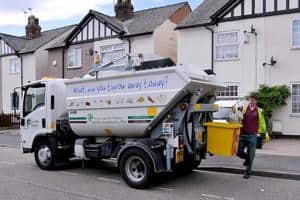
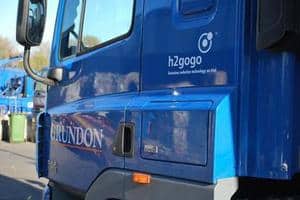

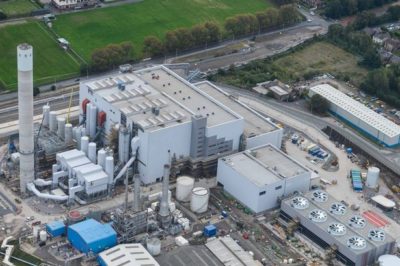
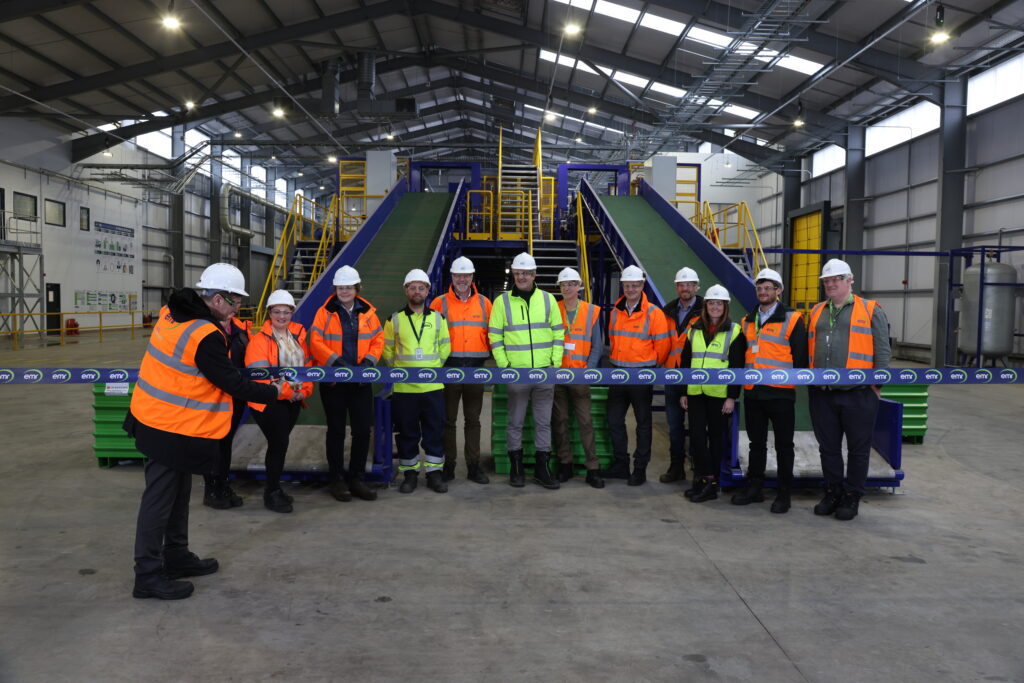
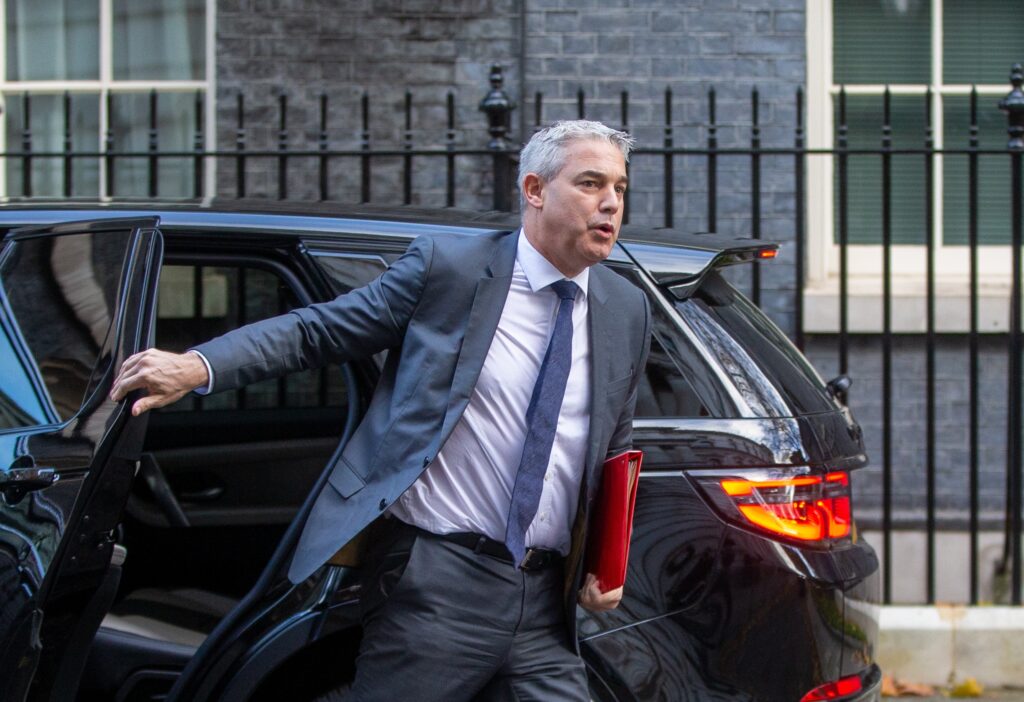

Subscribe for free